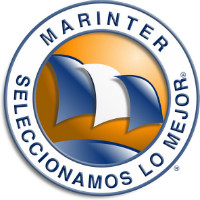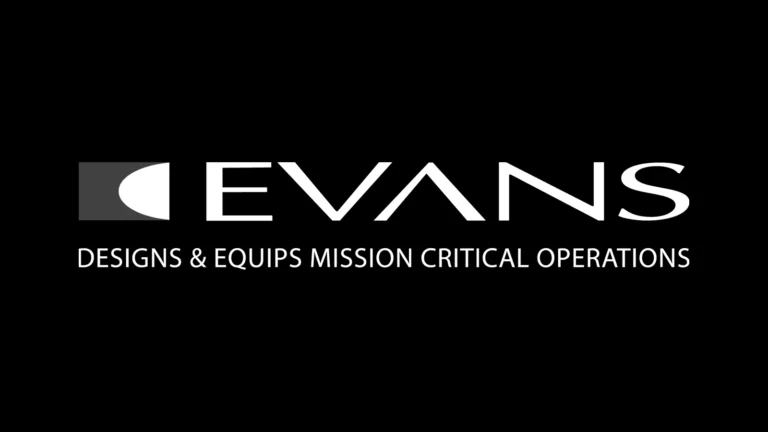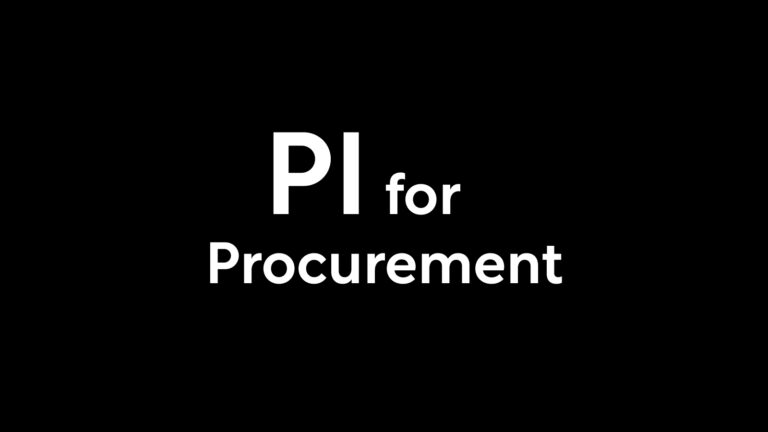The Problem
Marinter is a very solid medium size company, which imports products such as wine, pasta and cold meats among other things from all over the world. For its main operations, the company uses ACCPAC ERP, which helps to manage several activities related with accounting, account payables, account receivables, invoices, inventory, etc.
The ERP is very solid, but it lacks well structured processes for notifying, following up and controlling as well as managing a lot of documents generated that are sent to manufacturers overseas. This chain of activities is important for integrating the whole record to do the whole import process from the manufacturer’s site all the way through to Marinter’s facilities
- Problems related with tracking containers that are about to be imported.
- Missing documentation required to fullfil the sanitation and health requirements, due to the nature of the products. This causes important delays and result in fines and overcharges.
- Zero visibility between management, control and logistics department.
- Several previous attempts to install other software solutions have all failed.
- Trailers and merchandise that are not imported at a very specific day and time, fall into penalties and storage fees.
The Solution
ProcessMaker was successfully implemented thanks to Tecnoimplanta (www.tecnoimplanta.com) a Mexican Company and ProcessMaker Elite Partner which developed an Import Process and integrated external databases based on Marinter’s current ERP, connecting systems and people from different areas involved in the process
Marinter’s staff uses ProcessMaker information as the main reference to keep track of all imports performed each day, from the beginning of the purchase request to the end of the import activities. The process finishes when the trailers and products are located in Marinter’s warehouse.
The Value Created
Increased:
- Important savings on delivery and return of product containers.
- Better inventory management and traceability.
- Synchronization among all buyers inside the company.
- End-to-end process tracking.
- Integration with ERP which keeps information up to date.
- Efficiency in documentation delivery.
- All the information generated and uploaded is consolidated in the same place (ProcessMaker)
Decreased:
- Use of paper inside the company.
- Human errors when delivering documents and information.
- Emails exchanged between employees and suppliers.




